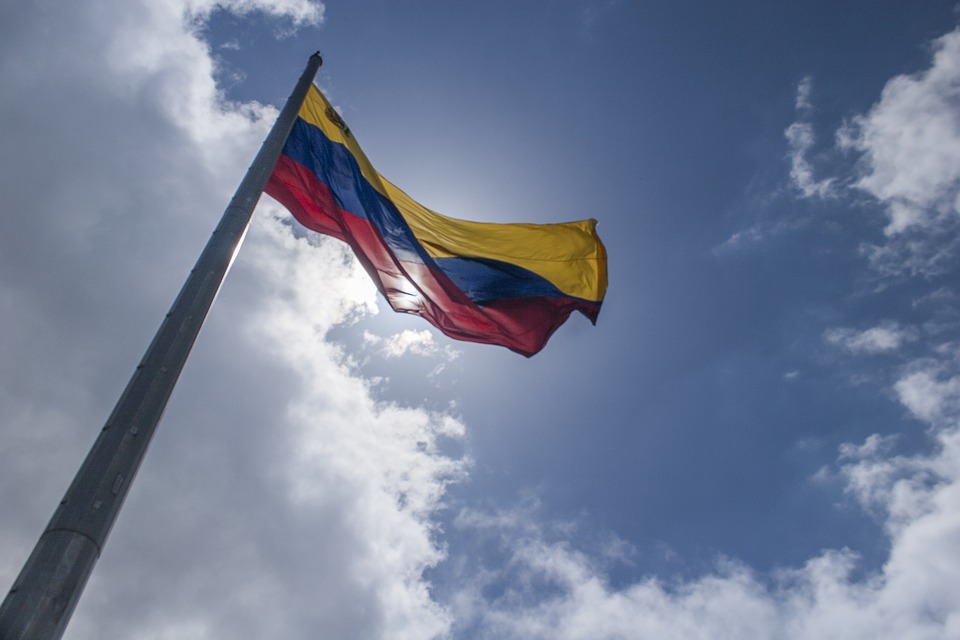Socialism has reappeared again as an alternative to capitalism in the United States. In a few words, socialism is a political ideology and an economic system in which the state determines the price of labor, retains the means of productions, confiscate private ownership, and fully controls every aspect of the life of the citizen through coercion in the name of equality. Vladimir Ilych Ulyanov, commonly known as Lenin; was the first political leader on earth to apply the precepts of socialism dictated by Karl Marx; in practice. Subsequently to that, following the Soviet lead, China opted for Socialism with the Cultural Revolution of Mao Tse-Tung; Cuba, Vietnam, most South American, African, and Eastern European countries; have all adopted the socialist model throughout the twentieth century. Interestingly; except for China that was able to switch to capitalism while maintaining an authoritarian system and avoiding an economic stagnation; every other country that has tried socialism as a political regime and as an economic system; has deliberately failed and ended up collapsing. The failure of socialism was epitomized by the dissolution of the Soviet Union in 1991. 1991, marked the ended of socialism as a real political and economic alternative to capitalism, and also marked definitively the prevalence of capitalism as a far better economic system whether we like it or not. The reason why socialism is doomed to be a failed political and economic system is because economically, policies and programs funded by the state are short-term effect; and politically, the state exercises a full and coercive control over society. In other words, socialism is doomed to be a perpetual failure because all aspects (political, economic, and social) of life within civil society are controlled by a central authority. Despite the numerous proofs that substantiated socialism as an unsustainable political and economic system; Venezuela has still fallen for it, and is, today, paying the hard price of its collective mistake.
When Hugo Chavez seized power in the late 1990s and early 2000s, he promised to the Venezuelan people that education, housing, healthcare, access to transportation, and food…that all the basic needs to sustain the human condition will be free to them. That the people of Venezuela would not have to spend a single penny to benefit from these free government-funded programs. Chavez ran for the presidency in 1999 accusing capitalist multinational corporations, private investors, and private businesses to worsen the socioeconomic conditions of the poor. Chavez ran for president on a socialist platform and ensured his people that his administration would make of Venezuela an earthly paradise. From 1999 to 2013, Venezuela was economically thriving, and the people were satisfied with it. How come Venezuela was thriving under a centrally-planned economy? Venezuela has been the first producer of oil in the world. Venezuela is one of the richest countries in the world in terms of raw materials, and oil is the principal resource that supplied the Venezuelan economy. Under the Chavez regime, the economy was prospering because the price of oil was very high. When Chavez began his presidency in 1999, oil prices were $19.35 per barrel to $97.98 per barrel in 2014. The GDP of Venezuela solely rested on oil production. The high price of oil enables the Chavez administration to fund all these government programs. At the time, the Venezuelan people did not care since they did not have to pay for any of these programs from their own pockets, so they did not care how it was funded. One of the fundamental issues with socialist economic policies is that it incentivizes the ordinary citizens to be lazy and more dependent on their government; and it disincentivizes innovation, private and free enterprise to stimulate economic growth. The dependence that Chavez created by funding these government programs, has deteriorated and attenuated the sense of personal and individual responsibility of the Venezuelan citizen. Under Chavez rule, Venezuelan citizens were completely dependent of government’s free programs, and on the other hand, Chavez’s regime was becoming exponentially and substantially authoritarian. Political opponents were jailed or expelled from the country.
Venezuela’s economic problems kicked off exactly in 2015. Chavez died in 2013, Maduro became president in 2014. And the price of oil started to drop. Venezuela’s economy is controlled by oil prices per barrel. In 2015, oil prices shrank from $93.17 per barrel to $49.72 per barrel. This significant drop in oil prices created a hyperinflation in goods and services. It has impeded the continuation of these government free-programs. To keep funding these programs, the Venezuelan government had to keep borrowing money. The worst economic decision Maduro has done, was to make the Venezuelan central bank printing more money than it needs while the government is in serious debt. By printing the money that it does not have, the Venezuelan government has generated an economic stagnation; prices of basic goods such as food hygiene idioms have skyrocketed. Today, the Venezuelan economy is collapsing, the political regime has merely become a totalitarian state and Maduro refuses to step down and to free his people. The political, economic, and social catastrophe that has occurred in Venezuela, is, in fact, another proof that socialism is a failed social experiment that should be never ever tried again.
Sources:
































